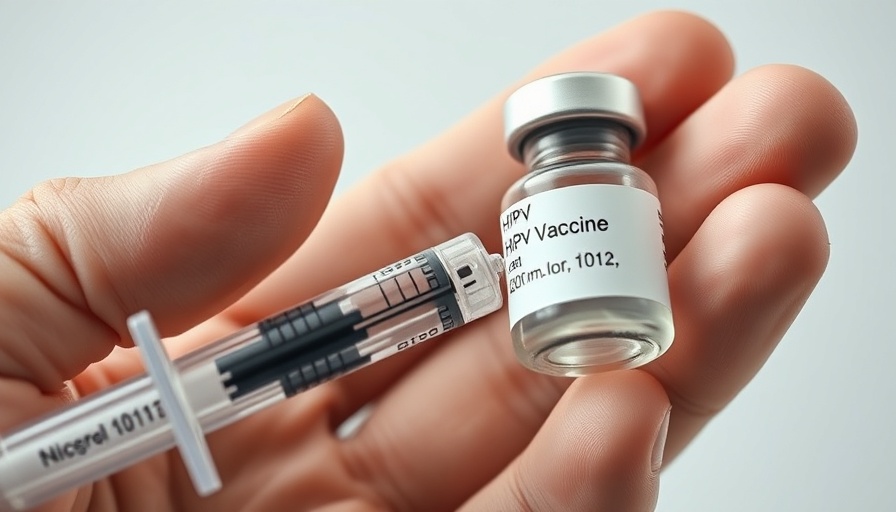
HPV Vaccine Proves Effective in Preventing Cervical Cancer
A landmark report from the CDC has added to the growing body of evidence that the HPV vaccine is significantly reducing the rates of cervical cancer among U.S. women. From 2008 to 2022, screenings revealed an astonishing 80% decrease in precancerous lesions among young women aged 20 to 24 who received the vaccine.
Understanding HPV and Its Risks
Human papillomavirus (HPV) is a prevalent sexually transmitted infection, with many cases showing no symptoms and resolving spontaneously. However, some HPV strains can lead to cancer, contributing to approximately 37,000 cancer cases annually as per CDC statistics. The HPV vaccine, Gardasil, has been readily available since 2006, targeting preemptively those most at risk: preteens aged 11 and 12.
Significance of the Findings
Jane Montealegre from MD Anderson Cancer Center lauds the findings, asserting the dramatic decline in cervical lesions directly correlates with the increased uptake of the HPV vaccine among young women.
The Larger Context of Vaccine Attitudes
The report comes amidst contentious debates surrounding vaccine safety, particularly due to disparaging remarks made by Health and Human Services Secretary Robert F. Kennedy Jr. back in 2019, where he controversially labeled the HPV vaccine as the "most dangerous vaccine ever invented." This skepticism has been countered by the scientific community, emphasizing Gardasil's safety and efficacy, vital for parents considering vaccination for their children.
International Trends and Local Impact
Interestingly, the decline in cervical precancer isn't limited to the U.S. Similar trends are observed globally in countries with high vaccination rates, showcasing the importance of promoting vaccination and ensuring public confidence. While the U.S. currently lacks a national registry for monitoring HPV vaccination effects comprehensively, researchers are optimistic that such positive trends will continue as more individuals are encouraged to get vaccinated.
 Add Row
Add Row  Add
Add 




Write A Comment